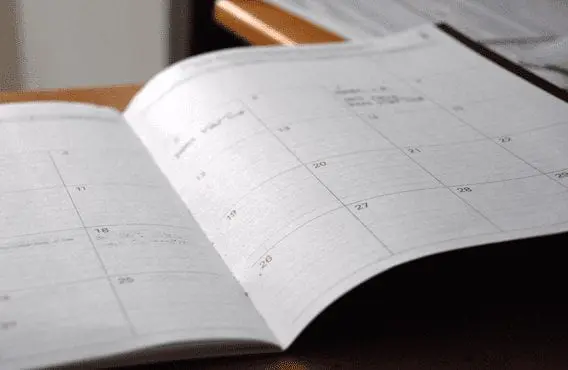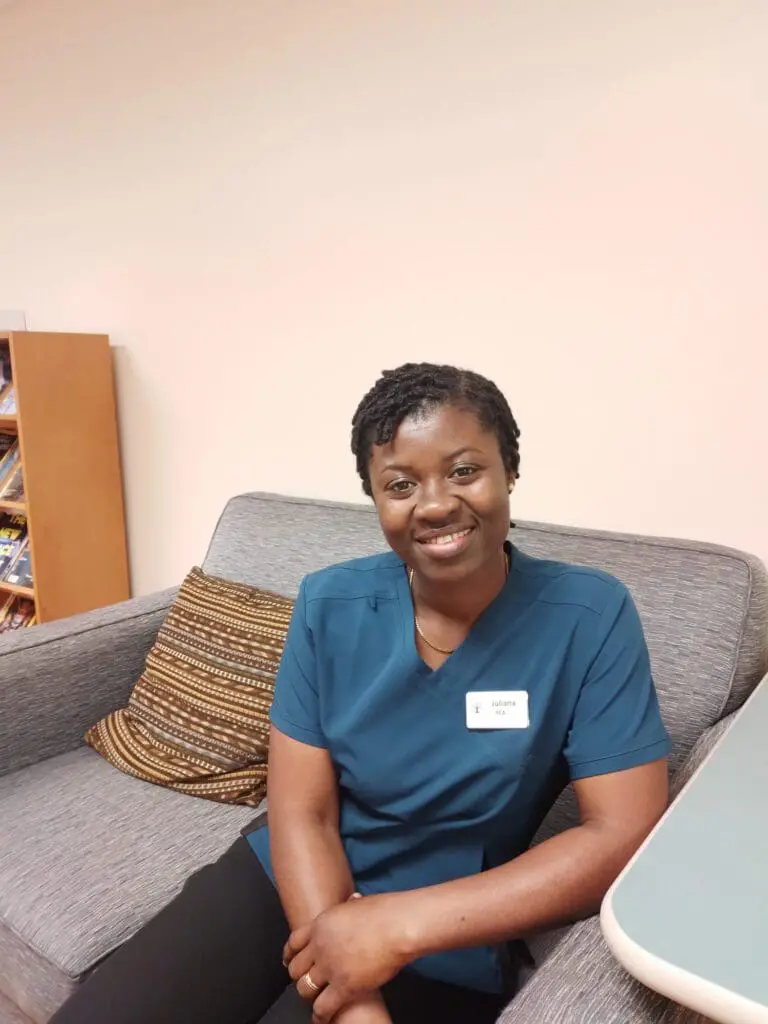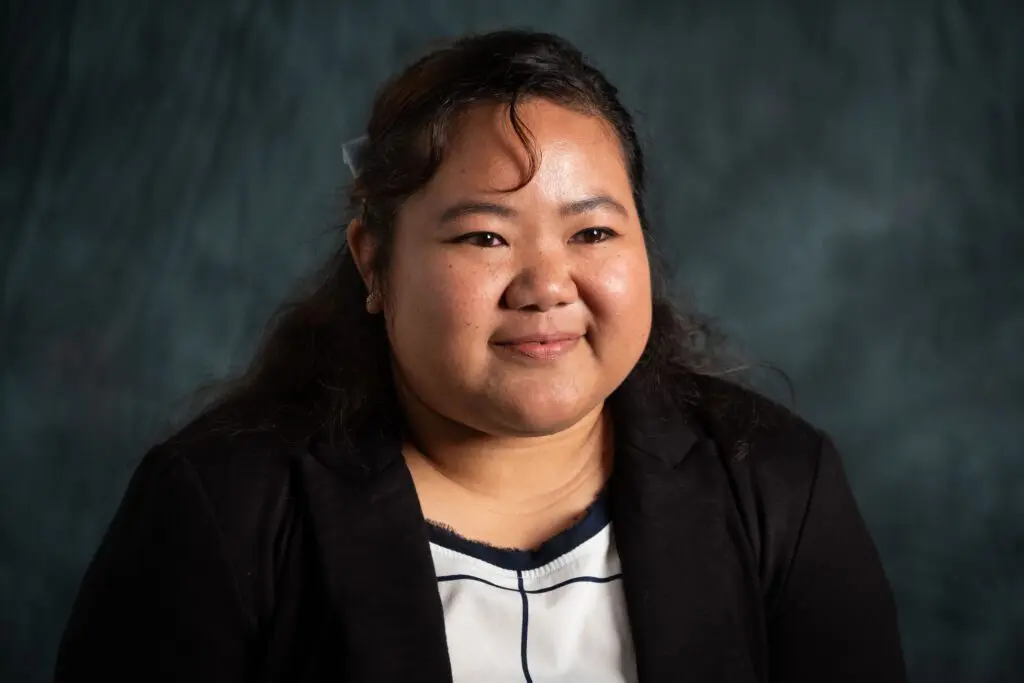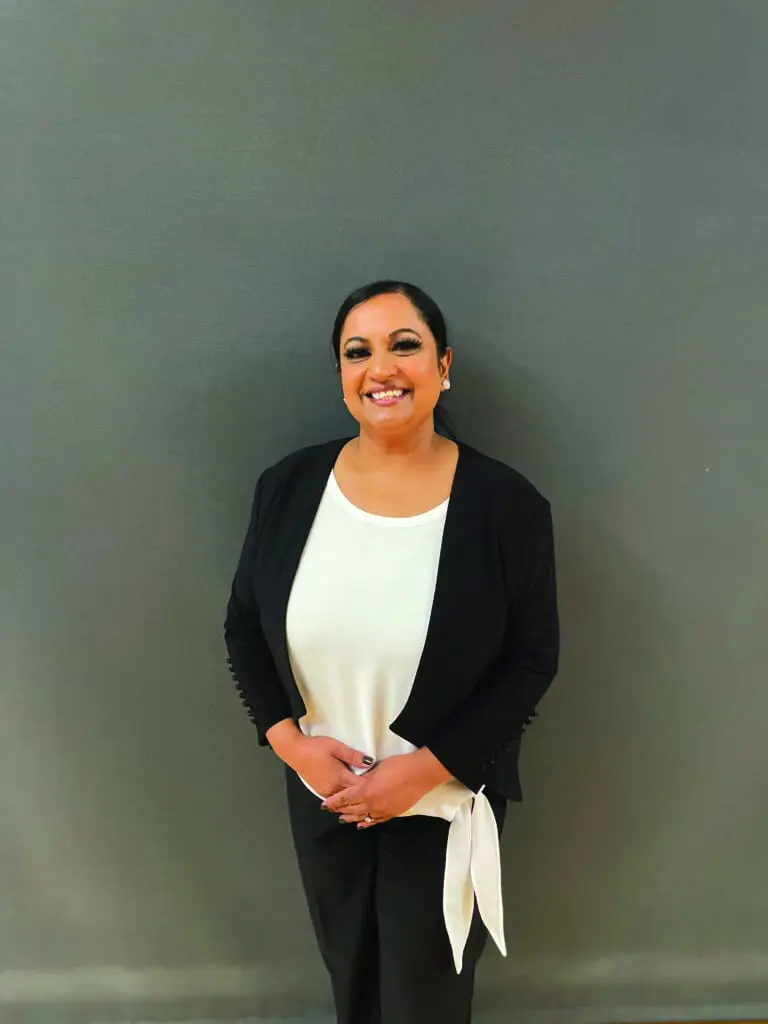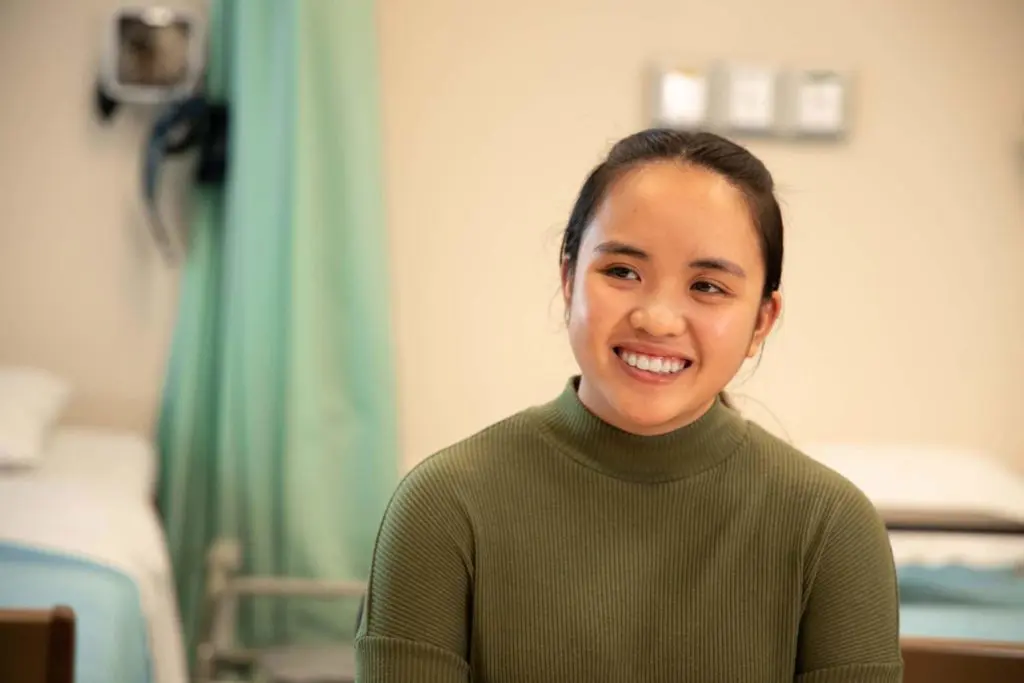Hello, beautiful world!
Welcome to my fourth and final Health Care Assistant student blog. Hope all is well!
I cannot believe the course is almost over! I am still very busy practising my hands-on skills in a clinical setting and was in a facility in Surrey practising in a Long-Term Care Residential setting. This is where our time management skills kick-in. These past few weeks, I worked alongside the Health Care Assistants (HCAs), observing and familiarizing myself with their routines on the floor. The first few days were tough because now I was on MY OWN, I had to CRITICALLY THINK and it was IMPERATIVE to think of the BEST INTEREST of our residents.
During these practicum weeks, I learned time management, interpersonal communication and providing safe, competent and ethical care for our residents. I also realized that as a caregiver there were moments where I affected the lives of our residents. There were days where I had the opportunity to sit and talk with our residents and provide one-on-one companionship. There were days where I had to deal with those individuals who were undergoing complex mental health challenges. That is where we used our distraction and assertive skills.
Here are a few things I learned throughout my practice education experience:
- It is important to follow through what I like to call the “Resident is Always Right Principle.” NEVER EVER talk over our residents or prove them wrong in anyway whatsoever. That is NOT best practice. Instead, our goal is to provide safe care and always think within their best interest.

- Always BE BUSY. There are going to be days on the floor where we may finish our assignments a bit earlier than expected or have downtime. So be curious and ASK QUESTIONS. As HCAs in-training, this allows us to demonstrate our thirst for knowledge, and moreover, it looks professional.
- NOURISHMENT IS KEY. I cannot emphasize how important it is to eat prior to our shifts and allotted breaks. This profession is physically demanding, and without adequate nourishment, it becomes difficult to practice our skills.
- EXPECT THE UNEXPECTED. As an HCA, we must be PHYSICALLY, MENTALLY AND EMOTIONALLY PREPARED, especially when our residents are living in their final stages of life. There will be ups and downs. One day our resident will be doing well, and the next they may be cognitively declining. Unfortunately, it is a part of life. Cherish the good memories you had with them and remember that we did what we could to positively affect their lives.
- TIME GOES BY FAST. Absorb absolutely as much information as you can. I mention this because I am now at the stage where I will be officially practising on MY OWN. The thought is still scary (to some degree) but when in doubt, ASK, when something is unsafe REPORT. The most important thing when applying our hands-on clinical experience is to simply enjoy it while IT LASTS.
- EXPRESS YOUR APPRECIATION to your preceptor and mentors who were a part of the practice education experience. It is fair to say that not everyone is going to have the “best” or “nicest” preceptor or mentor, which is completely understandable. However, I recommend that no matter what the experience students have, expressing gratitude and appreciation may not change the situation BUT our preceptors and mentors will view us as mature, professional caregivers.
- THIS IS NOT THE END, IT IS ONLY THE BEGINNING. I recently experienced my final Health Care Assistant practicum day within a Home Support and Assisted Living setting. I realized this is not the end but only the beginning. We, as students, still have a long way to go and I believe that it important for us to continuously grow and thrive as individuals. I highly recommend you keep in touch with your preceptors/mentors and update them along the way so they are aware of how we are doing in the field.
On a personal note: I want to thank you for supporting me by reading my blog posts. I really appreciate your time!
Thank you. 🙂
If you’re interested in this career or program, attend our upcoming info session, fill out the inquiry form on this page or contact the Program Advisory team directly at 1-866-580-2772 or [email protected] for more information!

